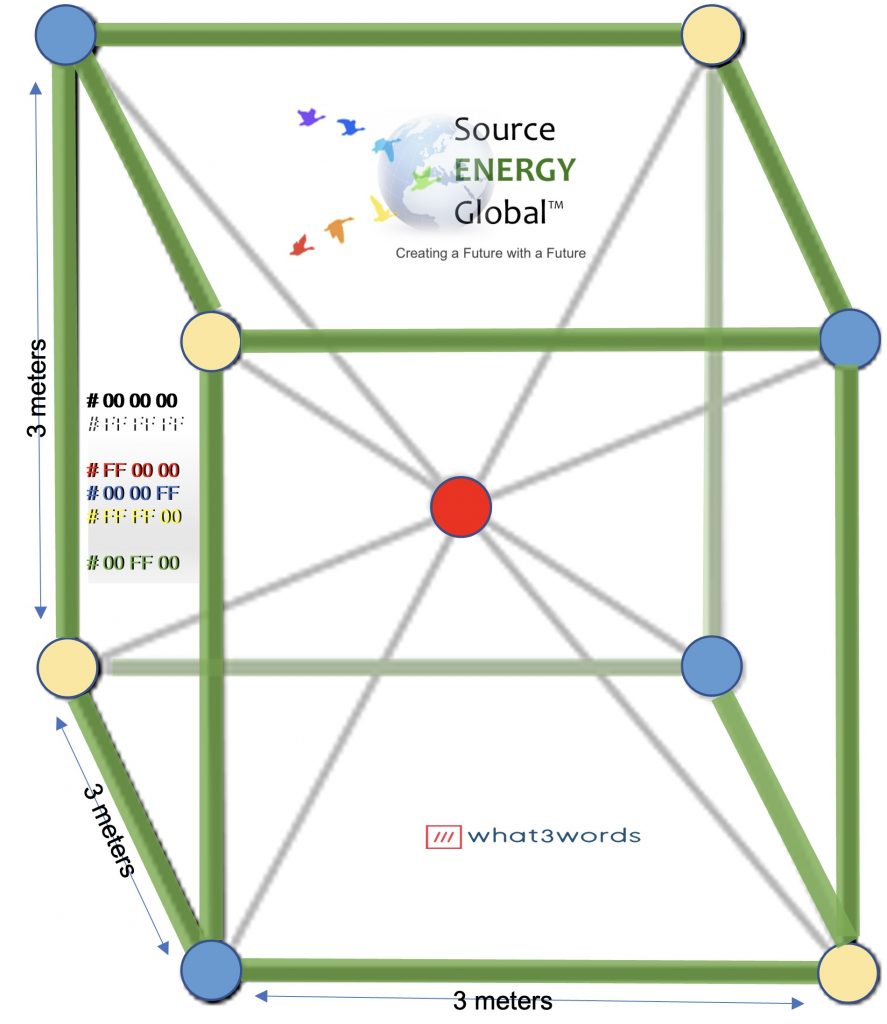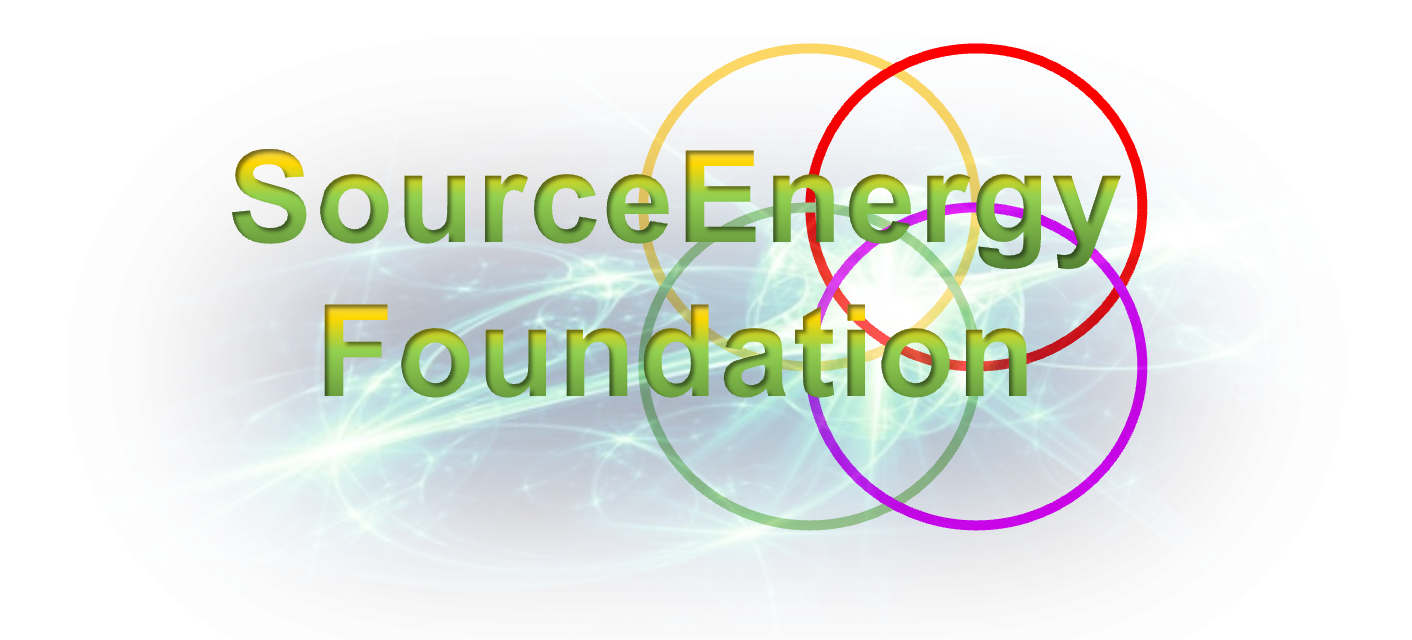34. Simulator System34.
| 34 | GSC-TOPS-100 | Simulator System |
Dear Dr. Oliver Jones,
The concept of a Simulator System is pivotal in modern technology and serves as an intersectional point in the Wealth Ecology Model, covering the dimensions of Energy, Technology, Community, and Education.
Wealth Ecology Model Framework:
- Energy: Simulator systems offer the capacity for optimizing energy consumption in a multitude of sectors, from manufacturing to healthcare. By creating a virtual environment that replicates real-world conditions, these systems allow for the testing of different energy-saving strategies without the risk and expense of actual implementation. This aligns perfectly with the ‘Energy Wealth’ dimension of your model, as the system serves as a platform for developing energy-efficient solutions.
- Technology: The technology driving simulator systems is often at the forefront of computer engineering and virtual reality. Here, we see a clear instance of ‘Technological Wealth,’ as advancements in simulation technology not only push the boundaries of what is possible but also offer practical solutions to real-world problems. The technological innovation represented by a simulator system is a perfect embodiment of your Wealth Ecology Model’s emphasis on harnessing technology for sustainable wealth creation.
- Community: At the community level, the availability of training and educational programs utilizing simulator systems can offer immeasurable benefits. From professional training in healthcare and manufacturing to educational programs for students, simulator systems can enhance skill levels within a community, thereby contributing to ‘Community Wealth.’ Additionally, it could serve public safety objectives by training community members in emergency response scenarios.
- Education: The application of simulation technology in education is transformative. Whether it is medical students performing virtual surgeries or engineers testing new designs, simulator systems provide a risk-free environment for learning and experimentation. In this way, they contribute significantly to ‘Educational Wealth’ by enriching academic programs and providing students with the hands-on experience they need to excel in their respective fields.
In summary, a Simulator System stands as a robust technological solution that aligns seamlessly with the principles of the Wealth Ecology Model. It acts as a catalyst in the harmonious integration of energy optimization, technological innovation, community enhancement, and educational enrichment. Therefore, its relevance and potential impact extend across the multi-faceted dimensions of sustainable wealth creation as envisioned in your model.
Respectfully, SourceEnergy Group R&D

